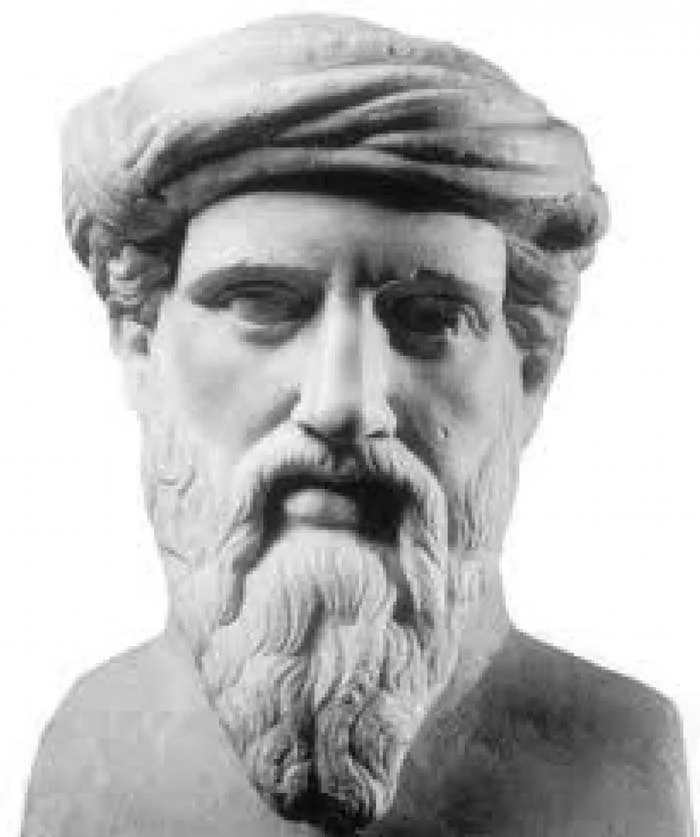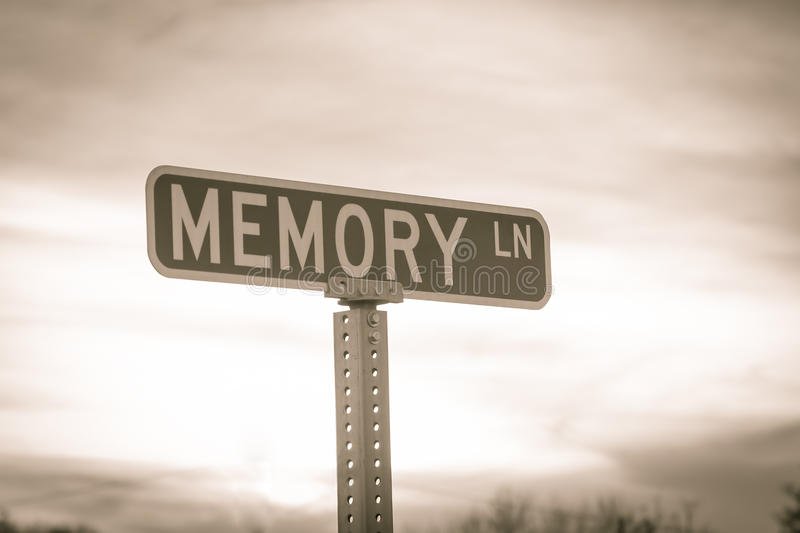It has been a long-accepted notion that, as a general rule, girls mature faster and earlier than boys. As the proud father of two knuckleheaded boys, I can provide a laundry list of anecdotal and empirical data to validate this.
An article in The Atlantic Magazine looks at this idea. Redshirt the Boys: Why boys should start school a year later than girls, author Richard V. Reeves writes, "The idea of a delayed school start—often referred to as "redshirting," a term borrowed from athletics—got a burst of attention in 2008, when Malcolm Gladwell presented evidence in his book Outliers that children older than their classmates do better on academic tests and in life generally. The value of a later start, which many educators call "the gift of time," is an open secret in elite circles."
This delay in starting school is most commonly used with boys, as the disparity in development and the benefits of additional time are evident to parents and teachers. In fact, a Rand survey showed that teachers are three times more likely to delay entry for their sons than their daughters.
The article further states, "The maturity gap is now demonstrated conclusively by neuroscience: Brain development follows a different trajectory for boys than it does for girls. But this fact is entirely ignored in broader education policy, even as boys fall further behind girls in the classroom."
And it's not just in the classroom.
My youngest son is a pretty good athlete. He recently went out for his junior high school football team—seventy-seven kids vying for twenty spots.
I went to watch the last day of tryouts, and I was stunned by the sheer disparity in the physical size of the boys. Some of the boys were not only a year older, but had gone through puberty and were closer to being men than boys. I thought, "How can my son compete with someone who is a year older and has a demonstrable physical advantage that creates an unlevel playing field?"
So, we know the maturity gap impacts cognitive and physical development, but what about music? Specifically:
How do delayed motor and cognitive development impact the music-making process?
Does lack of physical development and dexterity make playing an instrument more difficult?
Are boys less musically mature than girls? Are they able to understand phrases and attach emotion to making music at the same level as girls?
When does the music achievement gap close (if ever)?
Would boys benefit from starting the music-making process a year later than girls?
Or, would having boys start a year earlier/later level the playing field?
Additionally, and perhaps even more critical, is the impact of puberty, both cognitively and physically. Girls typically start puberty a full two years before boys. TWO YEARS! How does that change the way kids learn and create music?
Tomorrow night, I will attend my son's first middle school band concert. The father in me will sit there and be a proud father. The teacher in me will be in awe of how his band director corralled seventy 7th graders and put together a concert in eight weeks. But the advocate in me will wonder, is there a similar but less apparent musical disparity between the boys and girls on stage?
In short, are we hurting boys by not recognizing these differences and teaching accordingly? And, are we holding girls back by placing them with boys who might not process information in the same way or speed as they do?
Should we separate our ensembles not on ability or instrumentation, but by maturity? And if we did, how would that impact not just the music, but our student retention rate?
I know that not every child matures at the same rate, and every person is different. I'm just saying, I just finished arguing with my son about how Vans don't qualify as dress shoes, and joggers, albeit black, not being dress pants.
I doubt my friends with girls are having the same argument.
Scott









